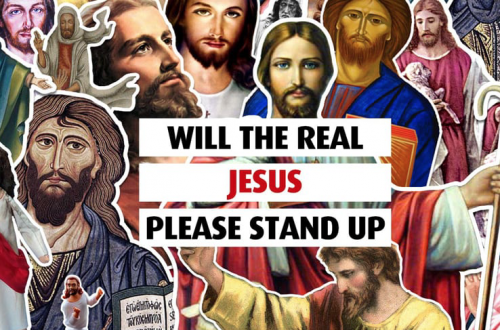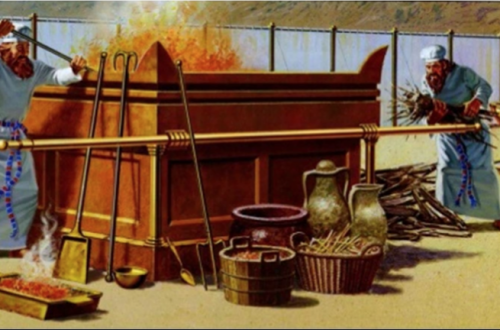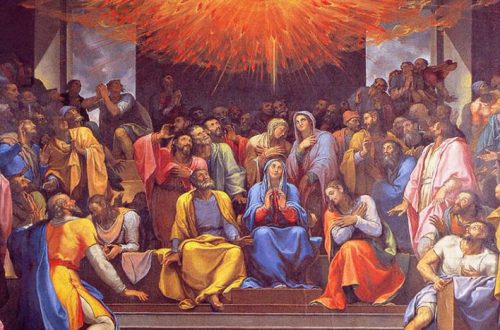-
We’re all in this together
Philippians 2:1–13 is part of the lectionary readings for the seventeenth Sunday after Pentecost, which is September 27th. In verses 1–2, Paul called the recipients of his letter to unity, humility, and obedience. As long as the congregation remained divided, they would not be able to withstand opposition from their antagonists (1:28). Most likely, this hostility was linked to the resistance originating from the pagan residents in Philippi. They had created a mob scene in which Paul and Silas were arrested on their initial visit to the city (Acts 16:16–24). The harassment Paul’s readers experienced undermined their Christian unity. Well aware of how this problem was manifesting itself among his…
-
Victory Overtaking Defeat
John 20:1–18 is part of the lectionary readings for Easter Sunday, April 12th. The eyewitness testimony recorded in this passage reminds believers that Jesus truly rose from the dead in space-time history. There is no better message of hope that Christians can proclaim, especially as people around the globe struggle under the crushing weight of the ongoing Covid-19 pandemic. The Savior’s crucifixion is the prelude to His resurrection from the dead. After the crowd outside the Praetorium (the official Jerusalem residence of Judea’s Roman governor, Pilate) insisted on Barabbas’s release, Pilate ordered his soldiers to flog Jesus. The military personnel pressed a crown of thorns on Jesus’ head and wrapped…
-
Why Jesus’ Resurrection and Ascension?
Why Jesus’ Resurrection and Ascension? Christians around the world and throughout church history have affirmed Jesus’ resurrection and ascension (especially on Easter Sunday). Concerning Jesus’ resurrection, His appearances to His followers were real, taking place in various locales, under a variety of circumstances, and to diverse numbers of people (from one to more than five hundred at a time; 1 Cor. 15:3–7). According to Acts 1:1–12, following Jesus’ resurrection, He appeared repeatedly to His disciples over a period of 40 days. During this time, He thoroughly convinced them that He had indeed risen from the dead. Then, after Jesus gave them final instructions, they watched as He ascended…
-
Who is responsible for Jesus’ death?
On the surface, one might assume that a sole person or group was responsible for Jesus’ death. Yet, digging a little deeper in Scripture brings to light a more complicated and layered picture of those who were instrumental in bringing about the Son’s humiliating execution at Calvary. Before going any further, it’s important to clarify that Jesus was not caught off guard by the eventuality of Him sacrificing Himself on the cross. For example, in John 10:14–18, Jesus stated that His death was not forced upon Him. Instead, He laid down His life voluntarily. Indeed, the Son of God had the authority—that is, the supreme power and absolute right—not only…












